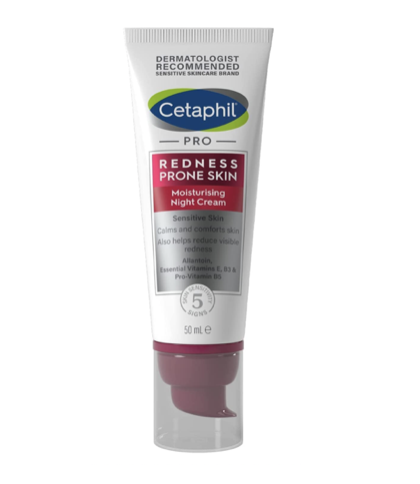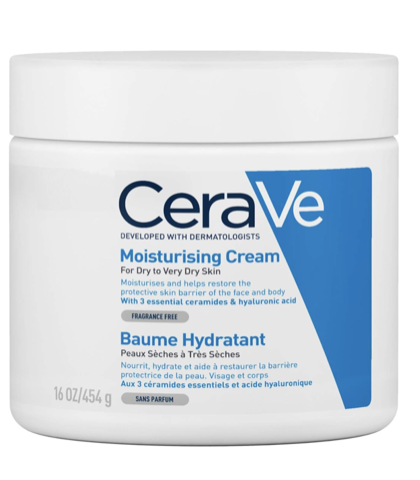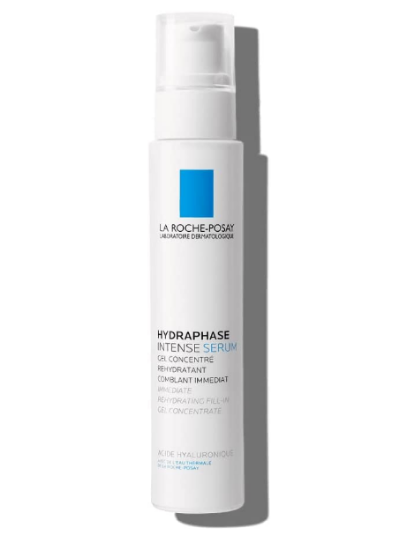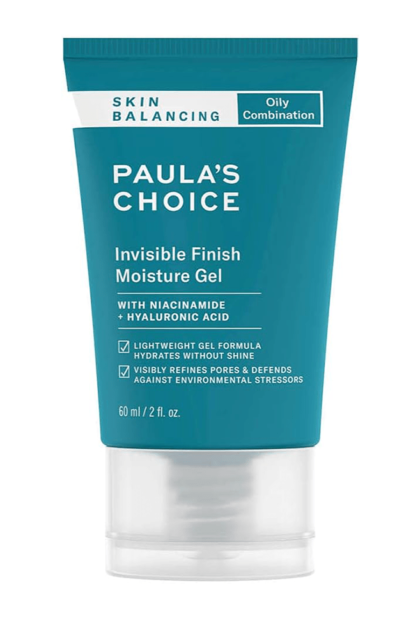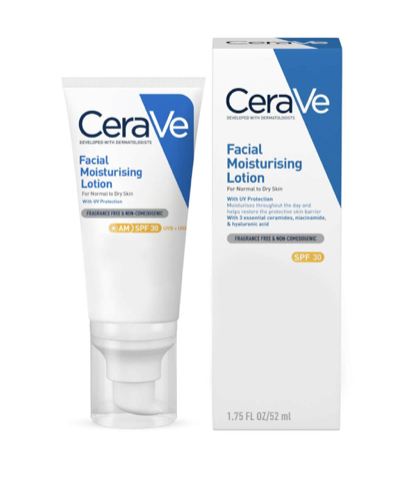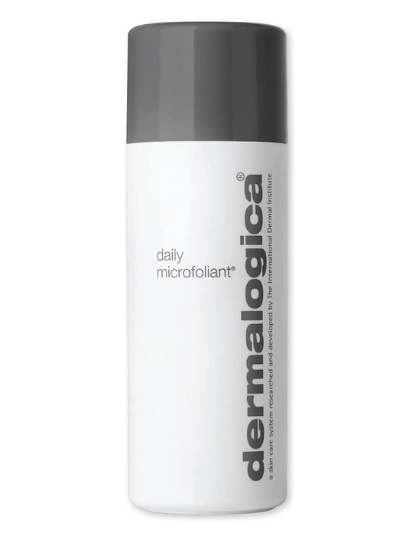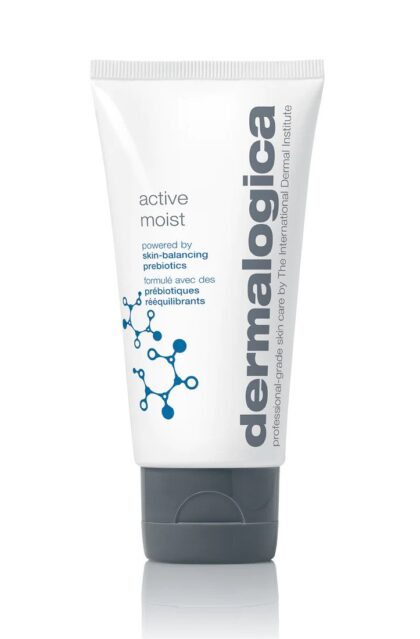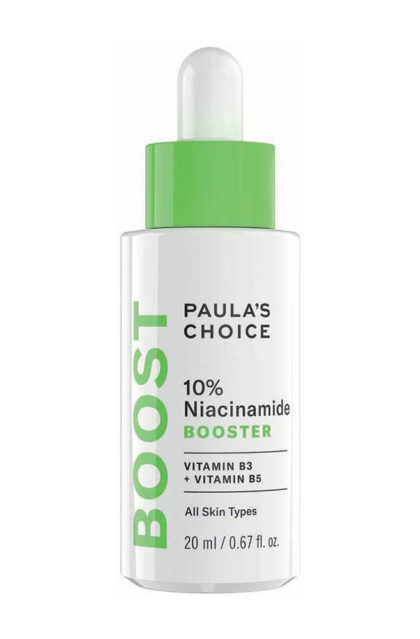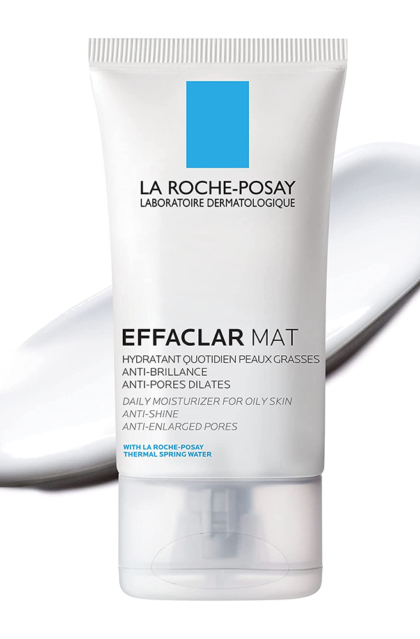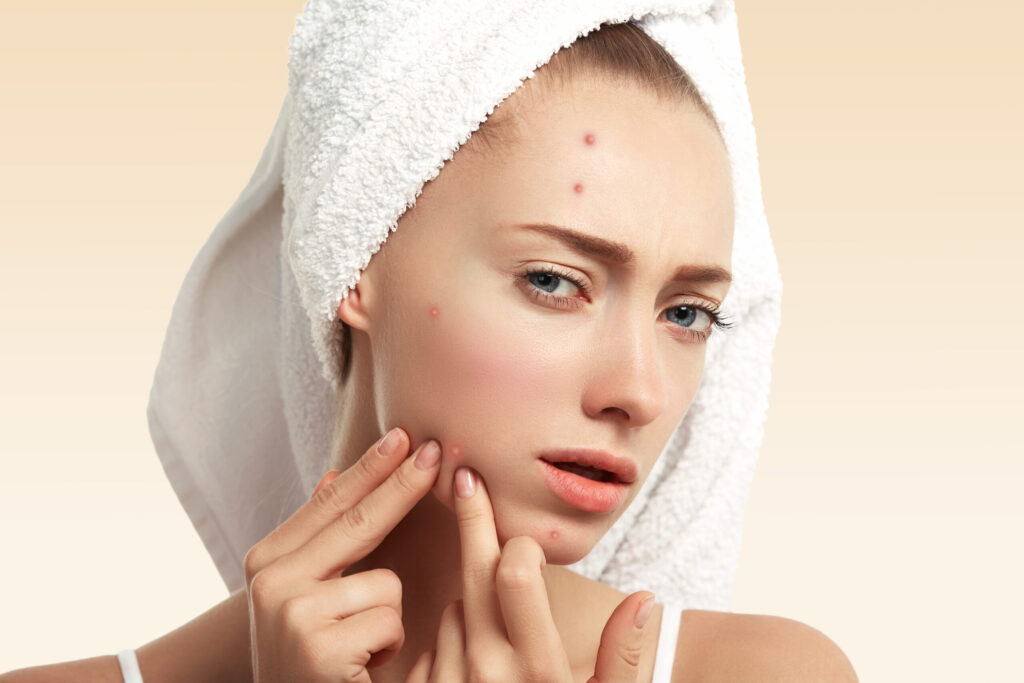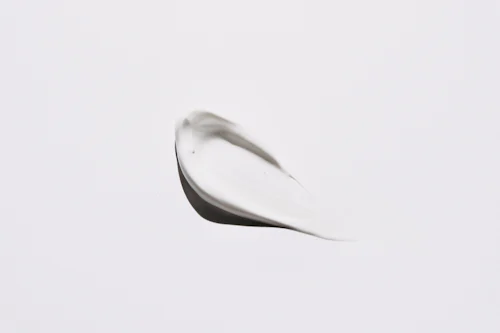Easily get dry and irritated? Plenty of face oil just 10 minutes after washing your face? Partly dry and partly oily? Are all these skin issues bother you so much? Feeling confused about how to confirm your skin type?
I understand how important it is to know my skin type in order to build an effective skincare routine. With so many products available in the market, it can be overwhelming to pick the right ones for your skin. Let’s together discuss the different skin types – dry, combination, and oily skin. We will explore their typical symptoms, how to determine, and the most suitable dermatologist-recommended medical skincare products based on effective ingredients!
Different Skin Types and Their Typical Symptoms
Dry Skin
Dry skin can feel tight, itchy, and sometimes flaky. It is often characterized by a lack of moisture, which can lead to a dull and rough complexion. Some typical symptoms of dry skin include:
- Redness
- Scaling or flaking
- Fine lines and wrinkles
- Sensitivity to harsh products or environmental factors
Related Post: Top tips for dry skin in the UK seasons
Combination Skin
Combination skin is a mixture of oily and dry skin, usually with an oily T-zone (forehead, nose, and chin) and dry cheeks. This skin type can be tricky to manage, as different areas of the face may require different skincare products. Some typical symptoms of combination skin include:
- Oily T-zone
- Dry or flaky cheeks
- Enlarged pores on the forehead, nose, and chin
- Occasional breakouts
Oily Skin
Oily skin is characterized by an overproduction of sebum, which can lead to a shiny complexion and clogged pores. Some typical symptoms of oily skin include:
- Enlarged pores
- Excess shine
- Acne and blackheads
- Greasy skin, especially in the T-zone area
Related Post: How to Treat Oily Skin: Skincare Tips for a Dermatologist Approved Routine
How to Determine Your Skin Type
To determine your skin type, follow these simple steps:
- Cleanse your face: Wash your face with a gentle cleanser and pat dry. Avoid using hot water, as it can strip your skin of its natural oils.
- Wait for an hour: After cleansing, do not apply any skincare products for one hour. This will allow your skin to return to its natural state.
- Examine your skin: After an hour, examine your skin in a well-lit area or under natural light. Look for signs of oiliness, dryness, or a combination of both.
If your skin feels tight and dry, you most likely have dry skin. Or, if your skin appears oily, especially in the T-zone, you have oily skin. If you notice oiliness in the T-zone and dryness on your cheeks, you have combination skin.
Another way to determine your skin type is by performing the blotting paper test. This test involves using blotting paper to absorb the oil from different areas of your face. 1. If the paper picks up oil from all areas of your face, you have oily skin. 2. If it picks up oil only from the T-zone, you have combination skin. 3. If there is little to no oil on the paper, you most likely have dry skin.
Dermatologist-Recommended Medical Skincare Products for Each Skin Type
Dry Skin
- CeraVe Moisturising Cream: This rich cream contains hyaluronic acid and ceramides, which help to lock in moisture and repair the skin barrier, making it an excellent choice for dry skin.
- La Roche-Posay Toleriane Double Repair Face Moisturiser: This fragrance-free, non-comedogenic moisturizer contains niacinamide, ceramides, and prebiotic thermal water to
- Cetaphil PRO Night Cream: It is designed to provide overnight hydration and help soothe irritated skin. It is particularly suitable for sensitive and acne-prone skin types, as it has a non-comedogenic and fragrance-free formula.
Combination Skin
- Dermalogica Daily Microfoliant: a gentle, rice-based exfoliating powder that activates upon contact with water. It is designed to be used daily to remove dead skin cells, brighten the complexion, and improve skin texture. Suitable for all skin types. The Daily Microfoliant is particularly popular for its gentle formulation that ensures effective exfoliation without causing irritation or dryness.
- CeraVe AM Facial Hydrating Moisturising Lotion With SPF 25: A daily moisturizer designed to hydrate, protect, and restore the skin’s barrier. Its lightweight, non-greasy formula makes it suitable for various skin types.
- Paula’s Choice SKIN BALANCING Gel Moisturiser: This gel moisturiser absorbs quickly and gives a matte finish without clogging pores and minimises their appereance. The light texture doesn’t feel oily and balances the skin barrier. For smooth and refreshed skin.
Oily Skin
- La Roche-Posay Effaclar Mat Mattifying Moisturiser: This oil-free, non-comedogenic moisturizer helps to regulate sebum production, reduce shine, and tighten pores, making it ideal for oily skin.
- Dermalogica Active Moist Hydrating Oil-free Moisturiser: This is an oil-free, lightweight moisturizer that provides hydration and improves the skin’s texture. It contains a blend of botanical extracts and silk amino acids to help smooth and nourish the skin.
- Paula’s Choice 10% Niacinamide (B3) BOOSTER: A concentrated serum formulated with 10% niacinamide (vitamin B3) to target multiple skin concerns, including enlarged pores, uneven skin tone, and dullness.
Understanding your skin type is crucial for building an effective skincare routine. By knowing whether you have dry, combination, or oily skin, you can choose the appropriate products that address your specific skin concerns. Remember that your skin type can change over time due to factors such as age, hormonal changes, and environmental factors. Therefore, it’s essential to reassess your skin type periodically and adjust your skincare routine accordingly.


